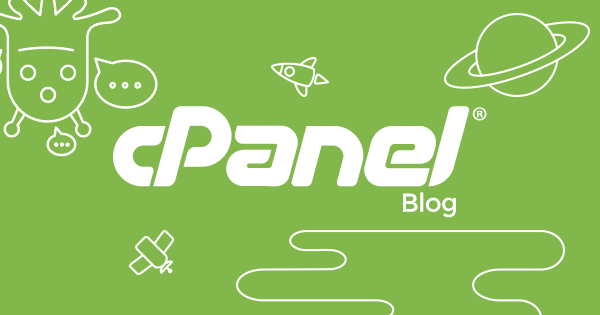
Learn how to take the same agile framework used in software development and apply it to marketing. Expand your horizons and explore how agile marketing can benefit your marketing efforts.
Presenter: Stephen Brent May
Agile methodologies, traditionally associated with software development, have proven their versatility and effectiveness in a variety of non-development domains. When applied to areas such as system administration, including tasks like managing cPanel on dedicated servers, Agile can significantly enhance efficiency, responsiveness, and team collaboration. This broad applicability underscores Agile’s principles of adaptability, continuous improvement, and customer-centric focus, which can benefit virtually any operational process. Here’s an exploration of how Agile methodologies can be adapted to cPanel management and server administration, expanding its use beyond just development teams.
Understanding Agile Methodologies
Agile methodologies involve iterative development, where projects are broken down into smaller, manageable units known as sprints. Each sprint is planned, executed, and reviewed in short cycles, allowing teams to adapt to changes quickly and efficiently. The core principles of Agile, as outlined in the Agile Manifesto, include:
- Individuals and interactions over processes and tools
- Working software over comprehensive documentation
- Customer collaboration over contract negotiation
- Responding to change over following a plan
While these principles were initially crafted for software development, their underlying values are applicable across various fields, including IT and server management.
Agile in cPanel Management and Server Administration
1. Iterative Improvements:
Just as in software development, managing a cPanel server involves ongoing maintenance, upgrades, and troubleshooting. By adopting an Agile approach, system administrators can tackle these tasks in iterative cycles. This could mean setting bi-weekly goals for enhancing server performance, security patches, or the rollout of new features. This approach not only keeps the server up-to-date but also allows for rapid adaptation based on user feedback and emerging security threats.
2. Cross-functional Collaboration:
Agile emphasizes cross-functional teamwork, which can be particularly beneficial in environments where system administrators, developers, and other IT personnel need to collaborate closely. For instance, when deploying new applications through cPanel, regular stand-ups and collaborative planning sessions can ensure that all team members are aligned, from security protocols to performance benchmarks.
3. Continuous Feedback and Adaptation:
Feedback loops are integral to Agile. In the context of cPanel management, this could involve continuous monitoring of server performance and user experiences. System administrators can use tools integrated within or alongside cPanel to gather data on server usage, uptime, and response times, adjusting configurations based on this real-time feedback.
4. Emphasis on User-Centric Solutions:
Agile methodologies focus on delivering value to the customer. For cPanel administrators, this means ensuring that the server and its hosted applications meet the evolving needs of its users. This could involve simplifying the user interface, enhancing the security features within cPanel, or optimizing resource allocation based on user activity patterns.
Benefits of Agile in Server Administration
- Increased Responsiveness: Agile methodologies allow system administrators to respond more swiftly to technical issues, security vulnerabilities, and user requests.
- Enhanced Quality of Service: Regular iterations and continuous testing can lead to higher uptime and more reliable server performance.
- Better Risk Management: By breaking down tasks into smaller segments, potential problems can be identified and mitigated early before they escalate.
Conclusion
Expanding Agile practices beyond software development and into fields like server administration and cPanel management can lead to substantial improvements in efficiency, service quality, and user satisfaction. By adopting Agile’s flexible and iterative approach, system administrators can ensure their systems are not only stable and secure but also continuously evolving to meet the needs of their users. This adaptive approach is crucial in today’s fast-paced, technology-driven environments where responsiveness and flexibility can make a significant difference in operational success.


